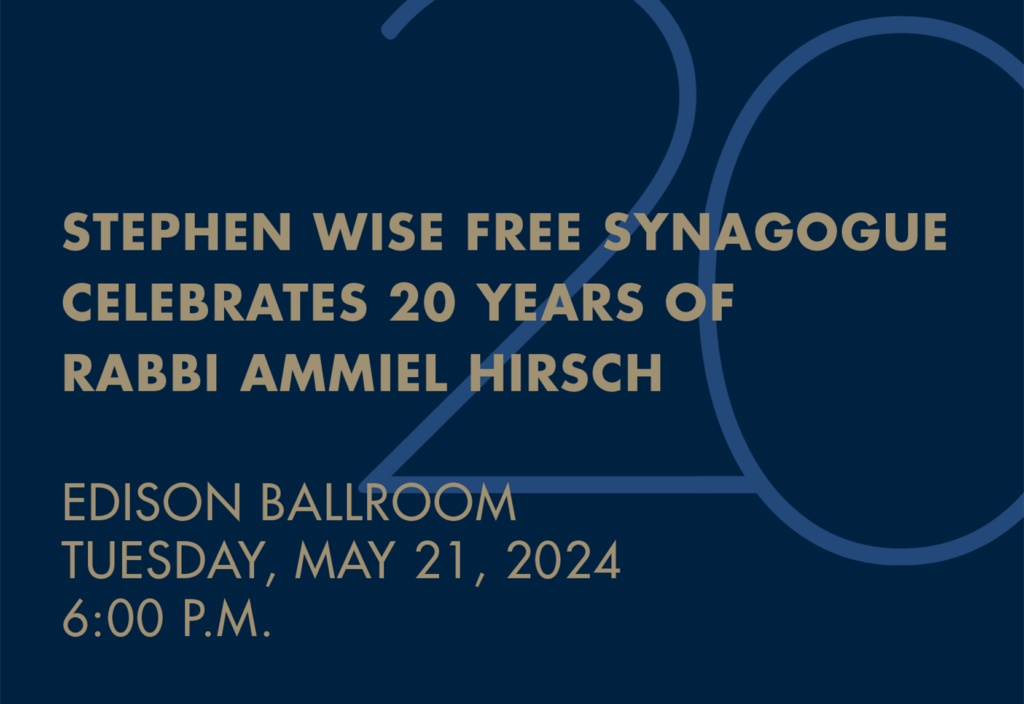“If a tree falls in the forest, does it make a sound?” asks Rabbi Dalia Samansky. As we approach the High Holy Days, “we are held to account for all of our actions, seen or hidden.” During the month of Elul, we reflect and introspect — to make amends and become better versions of ourselves. Follow our Elul Values Exploration to engage in this practice: swfs.org/elul.
Each day after we wake, “we ask God to open our eyes,” says Rabbi Samantha Natov. What are we missing because we’re too busy looking at our phones or our feet? As we approach the High Holy Days, “may we open ourselves up to new avenues of perception.”
“What do you consider to be a ‘good’ Jew or a ‘bad’ Jew?” asks Rabbi Dalia Samansky. “To be a ‘good’ Jew, we must live our Judaism in our actions, not just our thoughts. As we approach the month of Elul — the traditional time for introspection and reflection — let us work to make our actions reflect the prayers of our hearts.”
“Loving can be challenging,” says Rabbi Samantha Natov — as evidenced by the internal strife that threatens to pull Israel apart. “May love guide us and reunite us.”
As the Israelites near the Promised Land, Moses recalls their journey — including their many failures. Amazingly, Moses and the Israelite People take responsibility for their actions, recognizing that mistakes were made and growth was experienced. “Having the ability to take responsibility and grow from our actions is a sign of emotional intelligence,” says Rabbi Dalia Samansky.
The diaspora began before the Israelites even set foot in the Promised Land, says Rabbi Tracy Kaplowitz, and they contended with some of the same Israel-diaspora issues we face today. “May our role as diaspora Jews committed to and seeking a strong future for the Jewish people be blessed by God and world Jewry alike.”


